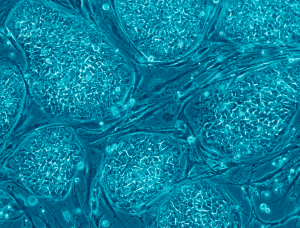 This year’s Nobel Prize for Physiology or Medicine goes to two researchers for their work on induced pluripotent stem cells or IPSCs. The Prize recognises the achievements of the two researchers in this promising field of science – one of whom first published on the subject 50 years ago.
This year’s Nobel Prize for Physiology or Medicine goes to two researchers for their work on induced pluripotent stem cells or IPSCs. The Prize recognises the achievements of the two researchers in this promising field of science – one of whom first published on the subject 50 years ago.
IPSCs are formed from mature body cells that have been effectively ‘reprogramed’ to a pluripotent state so that they resemble the cells in an early embryo. Early embryonic stem cells are pluripotent and so have the highest potency of any stem cells. This means that (under the right conditions) they are able to develop or differentiate into any type of cell.
Many medical researchers think that stem cells have a lot of potential for therapeutic uses such as tissue repair, regeneration and replacement, as well as providing a source of human cells for experimentation, investigating cellular processes and modelling the action of drugs. Early research into pluripotent stem cells involved the use of early human embryoes. IPSCs are of significant interest in medical science as they could provide pluripotent stem cells from a non-embyronic source.
Read about this exciting story of stem cell research at http://www.sciencedaily.com/releases/2012/10/121008082955.htm





Recent Comments